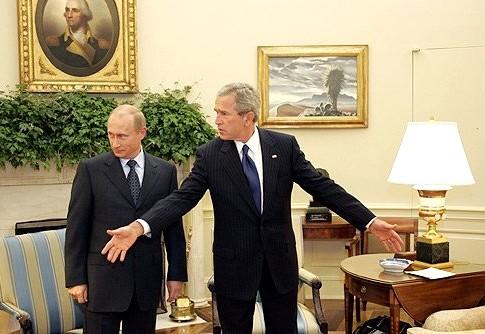Venezuela
The International Monetary Fund won’t hand over $5bn of special drawing rights to Venezuela to bolster its reserves as part of a massive injection of resources to member nations, due to an ongoing dispute over whether President Nicolas Maduro is the legitimate leader of the country, Bloomberg reported. Venezuela in theory would be among the biggest recipients in terms of percentage of gross domestic product of a proposed $650bn in special drawing rights that the IMF is planning to give countries to boost global liquidity. This is part of an effort to help emerging and low-income nations deal with mounting debt and Covid-19. But Venezuela won’t be able to access the assets, which most nations will receive via a transfer to their central banks if they are approved as expected by the Fund’s board of governors in the coming months, according to the IMF. That’s because the U.S. and more than 50 other countries regard opposition leader Juan Guaido as the nation’s legitimate leader, following sham presidential elections in 2018.
Venezuela's government wants funds frozen in the United States to be put toward paying for coronavirus vaccines and will keep working with the opposition to negotiate this payment, the head of the government-controlled legislature said on Tuesday, Reuters reported. Allies of opposition leader Juan Guaido have for months been in talks with state officials to buy vaccines through the COVAX program using funds frozen by the U.S. Treasury as part of sanctions against the government of President Nicolas Maduro. In 2019, Washington froze $342m held by the Venezuelan central bank in the United States, as part of a sanctions program that sought to remove Maduro from power. The funds were put under the control of opposition leader Guaido and the interim government he created, but moving them requires a license from the U.S. Treasury Department Office of Foreign Assets Control.
For Venezuela bonds, the de-jure and de-facto administrations disagree on how bondholders should look at prescriptions periods. On 28th September 2020, Venezuela’s opposition-designated attorney general, appointed by National Assembly President Juan Guaido, published a statement saying that it is the view of the Guaido team that the contractual prescription period has not begun to run in respect of an overdue amount of principal or interest payable under any of the bonds issued by the government. According to the opposition government, the 10 and 3 year periods set out in the prescription clause of most Venezuela, PDVSA and ELECAR bonds will not begin to run unless and until:
(i) the Fiscal Agent receives the full amount owed by the Republic and
(ii) the holders have been notified of such event.
At the same time, attorney general indicated the statutory limitation period of six years under the laws of New York still applies.
This followed a statement from Maduro’s finance minister Delcy Rodriguez who highlighted that with the third anniversary for the first missed bond payment in 2017 coming soon, prescription deadlines for interests will expire and the launch on 15th September 2020 of the Maduro conditional offer. Under the offer, bondholders would agree to renounce to rights to litigate and in exchange prescriptions deadlines would be waived.
http://www.mppef.gob.ve/comunicados-oficiales/
The Maduro conditional offer expired on 14th March 2021 and won’t be extended again, however the government said it will keep talking with Venezuela, PDVSA and Electricidad de Caracas bondholders in order to reach agreements under the same conditions as those with whom the Tolling Agreements are entered into.

Keine Kommentare:
Kommentar veröffentlichen